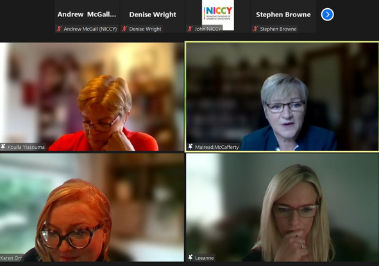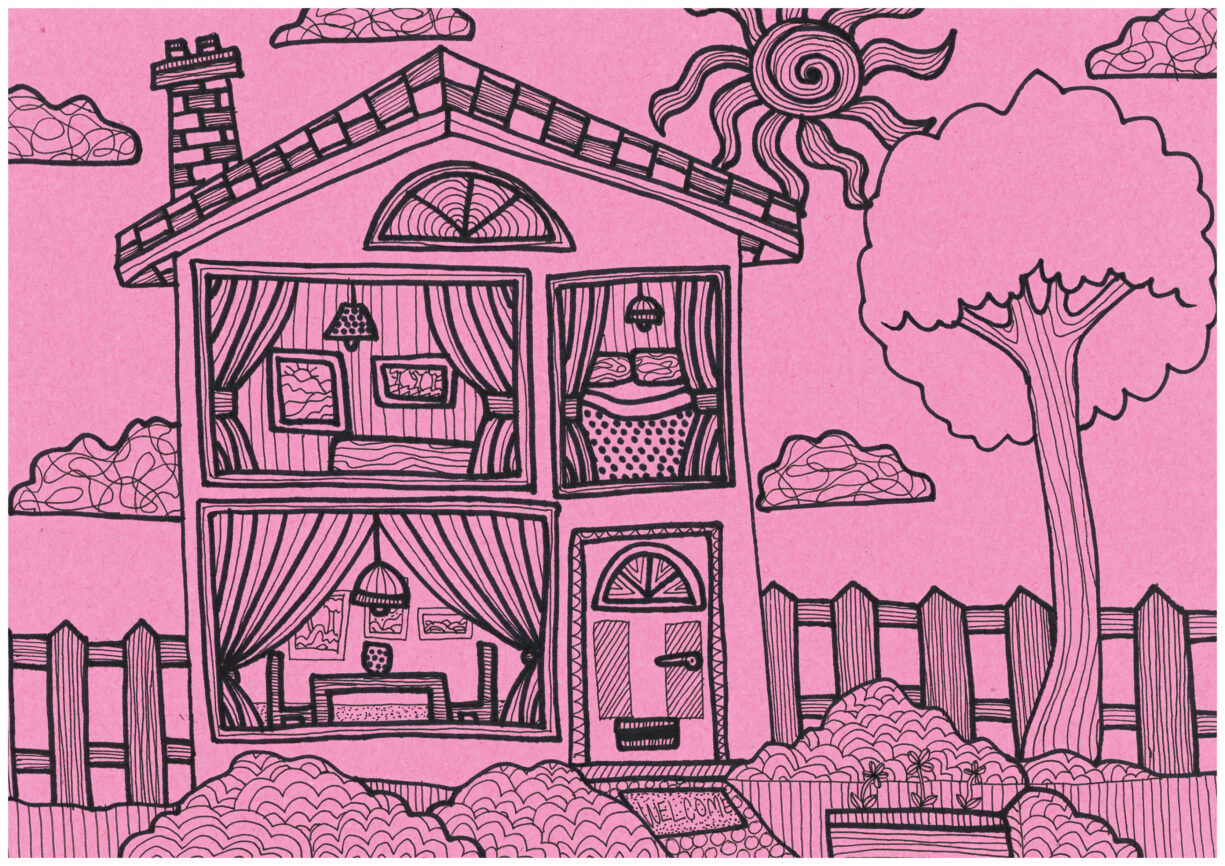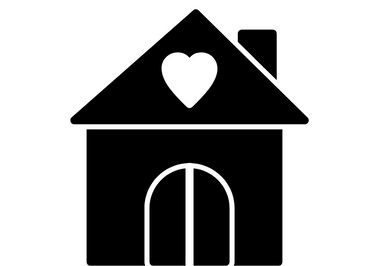
Number of Children affected by immigration rules and at risk of Destitution in NI Unknown
Publishing a scoping report “A Hostile Environment” exploring the impact of immigration rules on children…
News
While most children do live in adequate housing, this report launched today (Thursday), demonstrates that in Northern Ireland, there is ‘a long way to go to achieve this for all children and young people.’
‘A Place to Call Home’, produced by Queen’s University, on behalf of the Northern Ireland Commissioner for Children and Young People (NICCY) included interviews with 32 participants across three main strands.
They were, families with children who, whilst they may have a roof over their head, have had to wait for years for a home; young people (18-21) who have a disability or have been looked after -who describe the difficulties they had getting settled, and the inability of services to meet their needs – and families seeking asylum.
When homeless, individuals and families can go to the Northern Ireland Housing Executive (NIHE) for help to access social housing.
NIHE data tell us that nearly a third of homeless households have children aged under 18 living in them.
In January – June 2022, households and families accepted as homeless in NI included 3,495 children.
In July 2022, 3,913 children aged under 18 were living in temporary accommodation in NI, an increase from 2,433 in January 2019 (this includes children living with their families and young people aged 16- 17 living independently).
Speaking about the findings, the NI Children’s Commissioner, Koulla Yiasouma, said: “As I read the report, I realise how much many of us take for granted.
“We have a place to sit down and spend time with family and space for each of us to be on alone with the security of knowing that it will be there tomorrow, and the day after and into the future.
Koulla, continued: “Housing and homelessness were not initially one of my priorities for NICCY during my first years as Commissioner but when visiting schools, particularly primary schools’, children talked about their concern for homeless people.
“They could see them in towns and cities across Northern Ireland and they were very worried about children in such situations.
“So, it was children who insisted that we interrogate this issue further and this report and the scoping study that preceded it demonstrates how right they were.”
Claire, who is 18, said: “I’m just grateful for anything to be very honest. Just somewhere that I can settle down and call my own, decorate it my own, you know, be my own person.”
A mother called, Natalie, spoke about her situation: “I’m like is this a mockery? What is this? You know? Are you trying to play, to prey on our vulnerability or our desperation of needing a house?”
Another mother, Majeda, said: “One room, big room, three beds inside, and small window, but it was like arrest because we couldn’t go outside. We were very far away from city centre, we couldn’t, we hadn’t money to…to go like by bus. We hadn’t because no cash.”
Following the extensive study, the report recommends that the Northern Ireland Housing Executive (NIHE) and the Department for Communities (DfC) must ensure that they have taken account of the rights of children and young people using Child Rights Impact Assessments when developing housing policy and solutions.
The report makes a range of recommendations to address this issue:
The Commissioner concluded: “The right to family life and an adequate standard of living is the basic minimum a child should expect from that state.
“Children cannot learn at school and will have poor health and well-being outcomes if they do not even have the basic minimum of a decent place to live. This report demonstrates that in NI we still have a long way to go to achieve this.”
ENDS
Notes to Editors:

Publishing a scoping report “A Hostile Environment” exploring the impact of immigration rules on children…
News
NICCY joined the other UK children’s Commissioners, and colleagues from across Europe, in calling for…
News
COMMISSIONER for Children and Young People, Koulla Yiasouma, has called for urgent action to tackle…
News